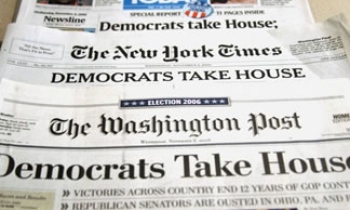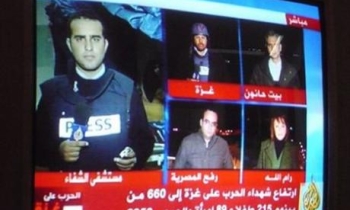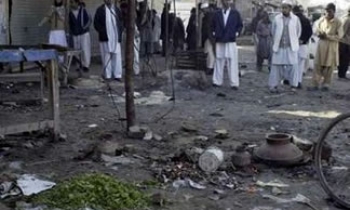NEW YORK: The death Sunday of journalist Salih Saif Aldin, the first Washington Post reporter killed in Iraq, will not spark a shift in the paper's Iraq coverage or an increase in security measures, says Executive Editor Leonard Downie Jr., who contends that the paper has always sought as much protection for reporters there as possible.
"We will continue to do what we have been doing, cover the news and take as much care as we can," he said. "We don’t want anyone unnecessarily risking themselves for a story. As you can tell by the number of people who have lost their lives, it is a dangerous place."
He conceded that Aldin regularly took risks for assignments and had discussed their dangers with others in the bureau. He also said the paper often relies on the Iraqis on staff there to assess dangers.
"We count on the Iraqi staff -- in terms of the knowledge of risk. In his case, he had taken lots of risks," Downie told E&P Monday. "His colleagues in the bureau talked to him about this. Up until now, he had been able to avoid it."
When asked if Aldin should have avoided the area where he was killed, knowing it was a dangerous location, Downie said "you just don’t know. Our people there take risks. He had been in many other risky situations." Downie described this attack as "something he did not expect to happen. He thought he knew the area."
A Post reporter since 2004, first starting as a stringer out of Tikrit, Aldin had endured numerous dangerous assignments, the paper reported, including being beaten by two men in 2005. He eventually shifted to the paper's Baghdad bureau, which includes 30 Iraqi employees and three Post reporters.
Aldin was shot in the head in the same neighborhood where a New York Times journalist was killed in July.
"We have had many close calls with correspondents," Downie added. "I had a reporter nearly kidnapped way back. We live with this danger all of the time. The editors are constantly reminding the bureau to be careful."
He pointed out that much of the risk involves a changing ground situation, in which some safe areas become hostile and allegiances among the factions change. "It is very, very tricky," he said.
Downie, who declined to elaborate on specific security measures used by the bureau, said the paper continues to use as much caution as possible, but has no plans to reduce coverage.
He referred to the 118 journalists killed in Iraq since the war began, according to the Committee to Protect Journalists, including 96 Iraqis. "This is really, really tragic," he said of Aldin's death. "But [safety] has been a worry all along."
Joe Strupp (jstrupp@editorandpublisher.com) is a senior editor at E&P.









